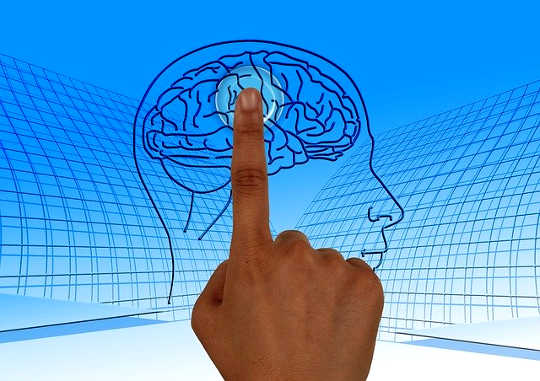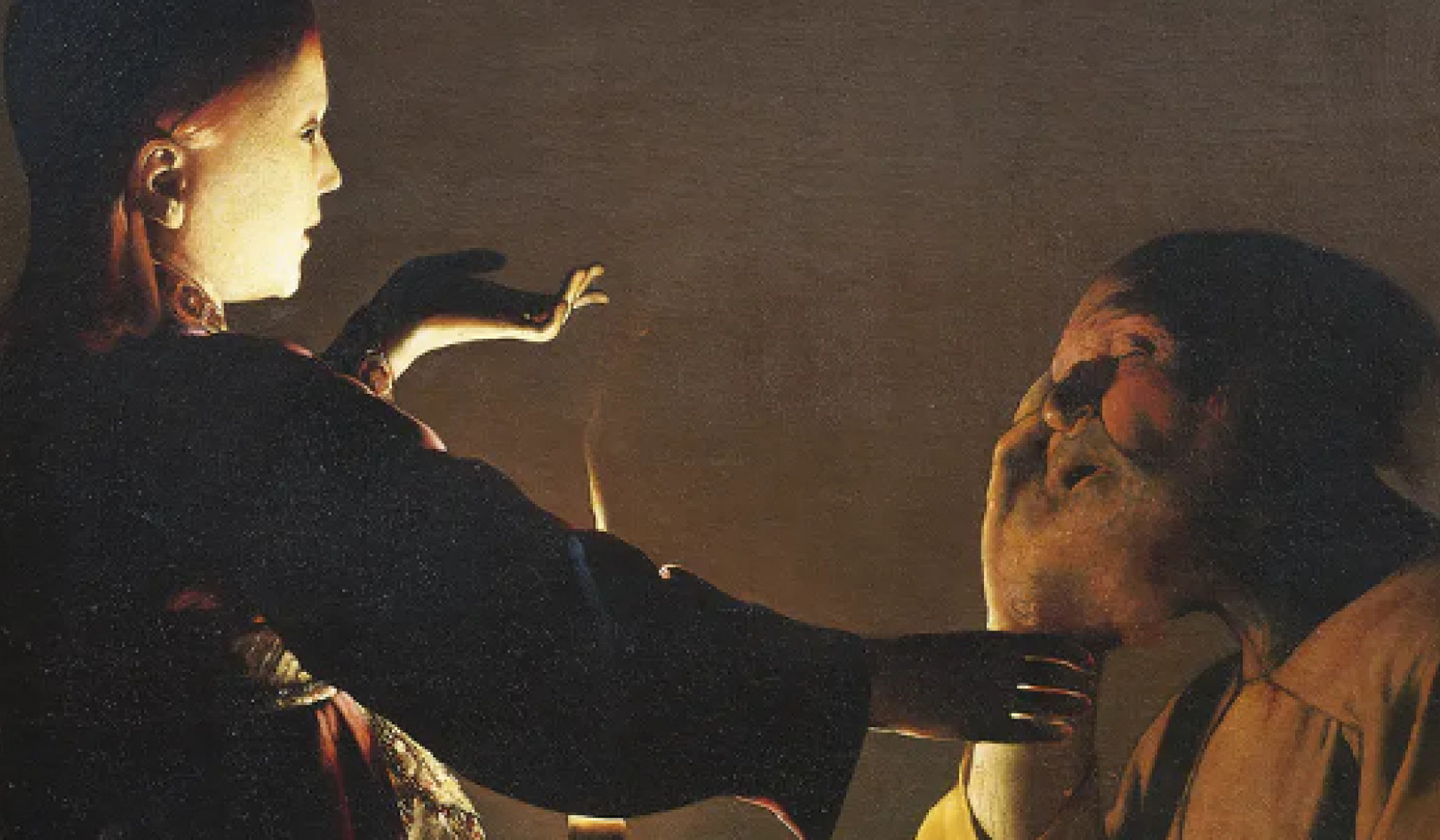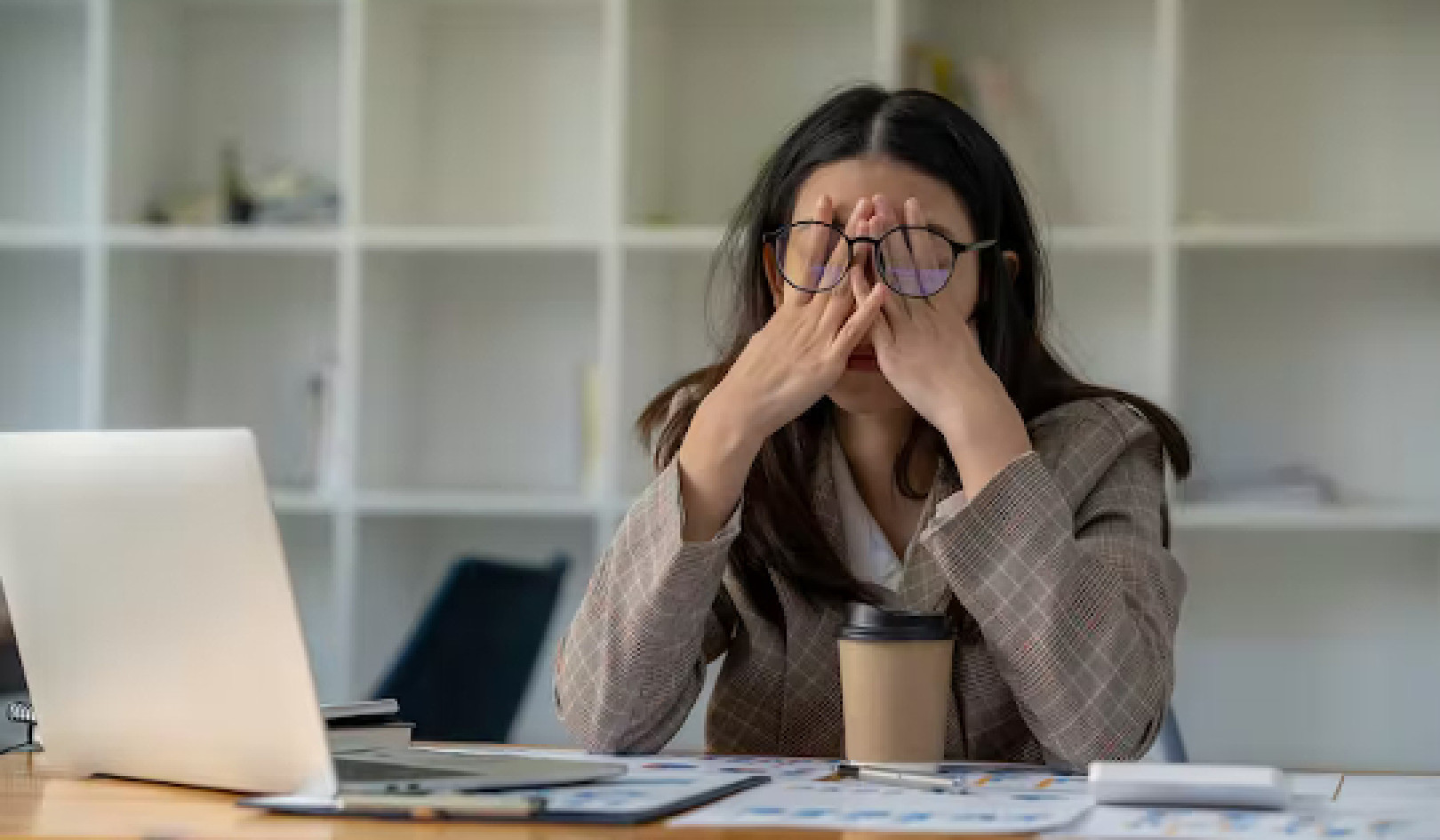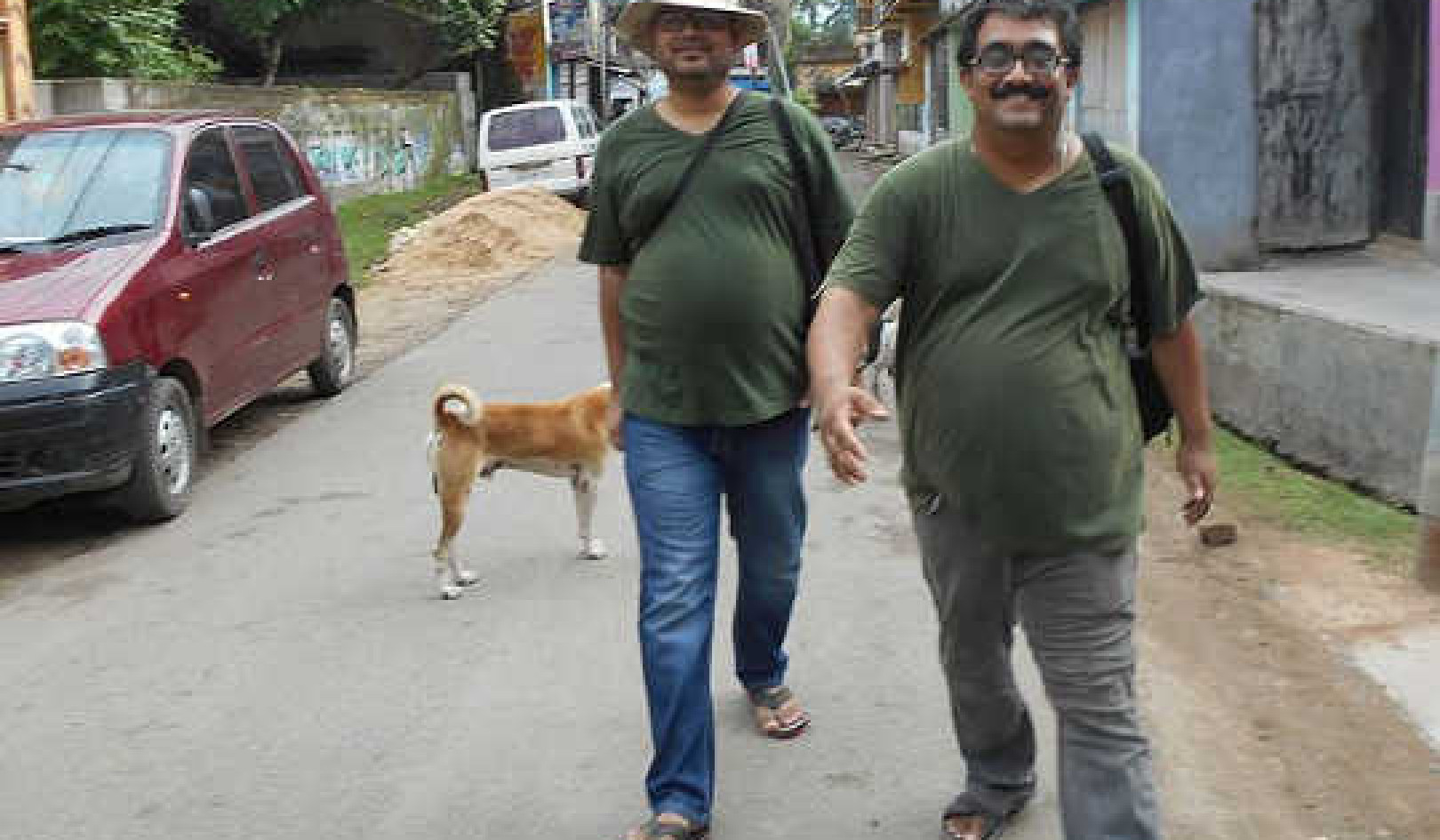
Image by Gerd Altmann
Our world of just a few months ago has been turned on its ear as we shelter in place, distance ourselves from others and eliminate social gatherings. As sports arenas, streets and neighborhood gyms lie quiet and abandoned, we find ourselves without a frame of reference to cope with these apocalyptic changes to our once predictable lives. Does this mean that anxiety, stress, depression and panic are now inescapable parts of life?
The answer is a resounding NO!
Let’s begin with a basic Self-Coaching assumption: human beings hate -- absolutely loathe -- feeling out of control and vulnerable. We’re instinctual survival machines, so when we feel a threat or a loss of control we begin to mobilize our resources to feel less vulnerable and more in control.
In a normal world, this might translate into installing alarm systems in our homes, buckling our seat belts or taking vitamins. But with Covid19, our typical control strategies are overwhelmed. Like a home circuit breaker that will “trip” if it’s overloaded with too much amperage, our emotional circuit breakers are now being tripped.
Anxiety and worry are conjoint twins. You don’t see one without the other. Worrying becomes our go-to strategy when we’re feeling out of control. Yet, it’s chronic, ruminative worrying that generates and sustains anxiety.
Why do we do this to ourselves?
Perhaps you’re reading this, thinking that worrying makes sense, especially worrying about future chaos. On the surface this may seem practical and smart, but on a psychological level, with compulsive worrying, you’ll pay an inescapable emotional price. It’s called anxiety.
So, back to the question why? The simple answer is that when we feel out of control and overwhelmed, we think we must do something -- anything! And worrying feels like we’re doing something.
Unfortunately, worry begets worry. The more you run the hamster wheel of worry, the faster you turn the wheel, the more anxious you become and the more out of control you feel.
Okay, so how do we stop worrying?
First, it’s important to differentiate normal worry from neurotic worry and anxiety. Let’s face it, unless you’re living in a cave, you’re going to feel some stress, anxiety and worry over the spread of this virus. Normal (perhaps a better word would be “understandable”) worry/anxiety can be defined as a proportionate reaction to this pandemic.
A proportionate reaction is grounded in the present, not the future “what-iffing.” It’s a realization that some of our emotions are, in fact, unavoidable. And perhaps a major difference is that a proportionate reaction deals with being concerned rather than being worried. Let me explain.
Concern deals with factual and smart reactions to what’s going on in your life today. It’s being prudent, washing your hands and avoiding crowds. It’s fact based.
Worrying, since it deals with future outcomes of chaos, cannot be a fact-based (since no one knows the future). Therefore, worry must be an emotional fiction. And therein lies the key: you want to be limiting yourself to facts, not emotional fictions.
Self-Coaching suggestions to help you through these difficult days
Here are a few Self-Coaching suggestions to help you through these difficult days. Keep in mind that each of these suggestions requires an ongoing commitment to practice, practice and practice.
1. Differentiate fact from fiction.
Ask yourself when you’re feeling overwhelmed and anxious, “Am I dealing with here-and-now facts or emotional fictions?” This alone will help you gain perspective.
2. Turn off or limit your TV and social media viewing.
This is very important. You can’t expect to neutralize your emotions if you’re constantly fueling your fears with news alerts. You’re no match for a hysterical media.
3. Take a deep breath (or two).
Place your hand on your belly as you slowly inhale, feeling your stomach push out on your hand. Hold the breath a second and slowly exhale, feeling your hand push in. Listen and feel the breath. The more you pay attention to your breath, the more separation you will create from your stressful thoughts and emotions.
Do this periodically throughout the day and you’ll be training yourself to switch from your sympathetic nervous system (stress response) to your parasympathetic system (relaxation response).
4. Ground yourself.
Look around you. Pay attention to what you see: a sofa, a few plants, your pet, sunlight coming through the window. Recognize that hysteria and panic aren’t like your plants or sofa -- they don’t exist! Not unless we allow them to exist in our mind!
From a Self-Coaching perspective, it’s never life that brings us to our knees. It’s our reaction that does. Covid19 doesn’t make us anxious. We allow it to! This simple realization is empowering as you begin to feel less victimized and better able to separate your emotions.
5. Stay present.
If you’d like to give yourself (and your psyche) a break today, try embracing one of my favorite Zen adages: chop wood, carry water. Pay attention to all the small details in your life. Stay focused. Keep it simple.
It doesn’t matter if you’re washing a dish or doing your bills, be present, be focused. Keep engaging your parasympathetic nervous system. No matter what, chop wood, carry water. Nothing else.
6. Challenge your thoughts.
When it comes to ruminative, swirling worry-thoughts, try this mantra: “Stop it! Drop it!” Take an active stance with your thoughts. Being too passive allows insecurity to own you. Stop it! Drop it!
Book by this Author
Unlearning Anxiety & Depression: The 4-Step Self-Coaching Program to Reclaim Your Life
by Joseph J. Luciani PhD
 What if everything you thought you knew about anxiety and depression was wrong? What if, instead of mental illnesses or emotional disorders, anxiety and depression are simply habits? You already know about habits—habits are learned and habits can be broken or "unlearned." This idea may surprise you, but the truth about anxiety and depression isn't complicated. This book will teach you to unlearn your habits of anxiety and depression—and then coach yourself to do it!
What if everything you thought you knew about anxiety and depression was wrong? What if, instead of mental illnesses or emotional disorders, anxiety and depression are simply habits? You already know about habits—habits are learned and habits can be broken or "unlearned." This idea may surprise you, but the truth about anxiety and depression isn't complicated. This book will teach you to unlearn your habits of anxiety and depression—and then coach yourself to do it!
For more info or to order this book.
About the Author
 Dr. Joe Luciani has been a practicing clinical psychologist for more than 40 years. He’s the internationally bestselling author of the Self-Coaching series of books, now published in 10 languages. His latest book is, Unlearning Anxiety & Depression: The 4-Step Self-Coaching Program to Reclaim Your Life (Goodman Beck, April 14, 2020). He appears frequently on national TV, radio and online, and has been featured in numerous national media sites. Learn more at self-coaching.net.
Dr. Joe Luciani has been a practicing clinical psychologist for more than 40 years. He’s the internationally bestselling author of the Self-Coaching series of books, now published in 10 languages. His latest book is, Unlearning Anxiety & Depression: The 4-Step Self-Coaching Program to Reclaim Your Life (Goodman Beck, April 14, 2020). He appears frequently on national TV, radio and online, and has been featured in numerous national media sites. Learn more at self-coaching.net.
©2020 by Joe Luciani. All Rights Reserved.
Excerpted with permission of the author.
Publisher: Goodman Beck.























